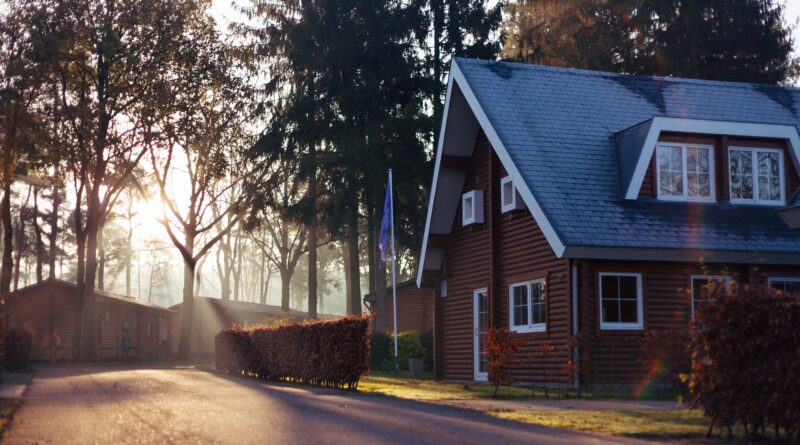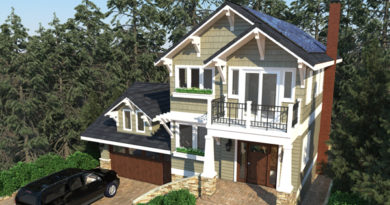How Nonprofits Are Using ADUs as an Affordable Housing Strategy
Accessory dwelling units (ADUs) are emerging as a viable solution to the affordable housing crisis, particularly through the efforts of nonprofit organizations. These independent living spaces, equipped with essential amenities, can be attached or detached from primary residences and cater to diverse needs. Nonprofits are leveraging ADUs to assist older adults in aging in place, generate income for homeowners, and provide housing for caregivers and family members. A recent paper co-published by the Center and NeighborWorks America explores various nonprofit initiatives, highlighting programs like the Elder Cottage Housing Opportunity (ECHO) in Pennsylvania and the BASE Campaign in New York City, which advocate for the formalization and safety of interior ADUs.
Despite the potential benefits of ADUs, nonprofit organizations face several challenges in implementing these initiatives. Variations in regulations across regions can hinder the development process, while financing options remain limited and complex, necessitating innovative funding strategies. Additionally, political resistance to ADUs in certain neighborhoods complicates their adoption. Nonprofits are actively working to build public support through educational campaigns and community engagement. Overall, these programs not only address the immediate need for affordable housing but also demonstrate the adaptability of ADUs to meet the evolving needs of communities, underscoring the importance of advocacy and funding at all government levels.



